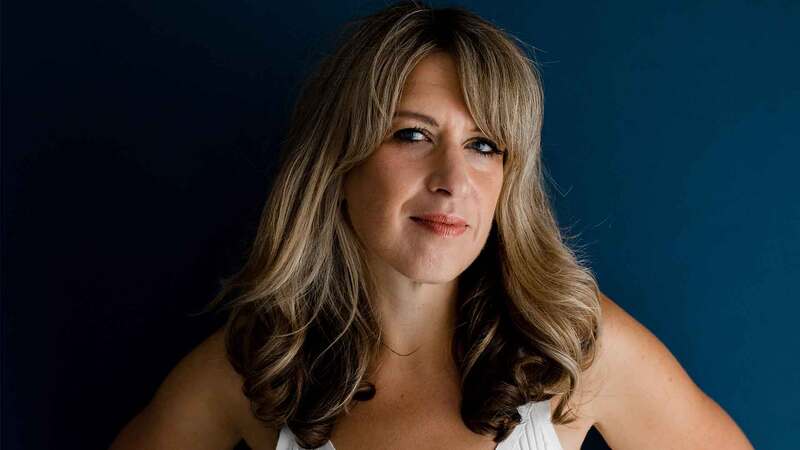You are viewing your 1 free article this month. Login to read more articles.
Top Five: Books to Make You Cry
I think books that make us cry are books that make us human as they reveal to the reader our individual emotional depths and limits, our most human selves. Perhaps all books do this. Those readers who enjoy horror or gory crime fiction, for instance, are doubtless interested to discover where their tolerance for cruelty and suffering lies.
I judge the success of any art by its ability to move me – to tears of joy or anguish. To be moved in this way means the art has achieved a transformation and this is surely the ambition of any book or film or painting or music – to ensure that I won’t be the same afterwards. I find books that deal in some kind of tragedy appealing as they take me beyond what has so far thankfully, been my experiential limits.
I come from a family who are fairly restrained and polite about their emotions, so perhaps that’s why I welcome an excess of emotion in my choice of reading. Perhaps it’s also why I prefer writers who describe such emotion with restraint. I think the emotional value of any writing is far higher when a writer allows the reader space in which to react for themselves to the events of a book. I don’t want to be told how to feel.
To call the five books I have listed here as "tearjerkers" would be to trivialise them. They are five magnificent reads, I think – but have a tissue handy.
1. Jude the Obscure by Thomas Hardy
I took Hardy’s Jude the Obscure on a family holiday when I was about 14. We were camping (as usual) in a six man tent with flimsy partitions between each sleeping compartment. When I read the passage about little Jude I had to be careful to stifle sobs so the others wouldn’t hear me. Story is something to understand and make sense of, as well as a tool with which we understand and make sense of the world outside the story. Neither of my children are readers, which bothers me. Not only are they missing out on emotional experience, how are they making sense of the world if not initially through books?
2. Beloved by Toni Morrison
I found this book intensely shocking. I read it as a young woman before I had children of my own and I suspect I would find it even more shocking to read it now. The writing is so powerful surely it would be impossible for any reader to remain unaffected by its emotional impact, its historical scope, its humanity.
3. We Need to Talk about Kevin by Lionel Shriver
I read this when my children were quite small and the primal noises I made on finishing the book were similar to the groans I made in labour. A friend I saw on the day I finished reading it was shocked by my tear-swollen face.
4. Lolita by Vladimir Nabokov
I have read this great book several times at different stages in my life and I’ve read the annotated version too, which provides enlightening comments about Nabokov’s other works and the notes he made whilst writing etc. Humbert Humbert’s heart-breaking epiphany when he visits the adult Lolita is complex, upsetting and redeeming. The shock of this revelation which undoes the rest of the book is so clever structurally, I am stunned by it. For a book about such a dark, dark subject there is some fantastically comedic writing. I see something different in Lolita on each reading, which presumably is why it is a classic.
5. A Life’s Work by Rachel Cusk
This is another book I’ve read and re-read. Rachel Cusk’s description of early motherhood received a lot of negative press attention but readers seemed unable to detect the absolute and overwhelming love the narrator has for her children. The passage in which Cusk compares her baby daughter falling asleep to snow falling never fails to make me weep because of the truth in the evocation of such an intimate time between mother and child, the beauty of the prose, the beauty of the moment.
Alarm Girl by Hannah Vincent is out now from Myriad Editions.














